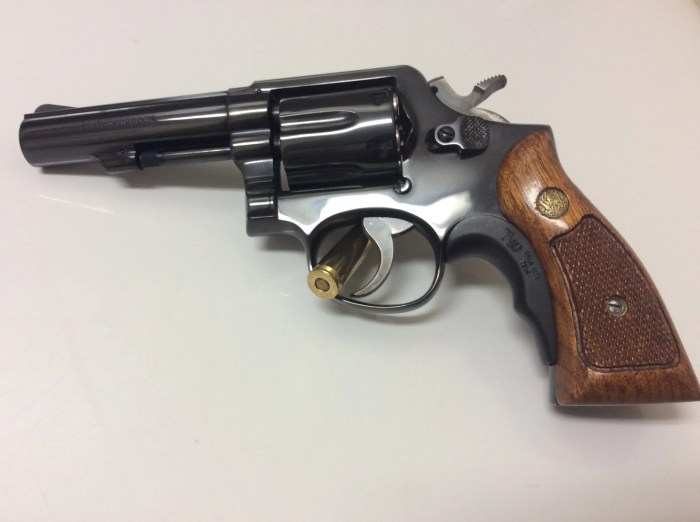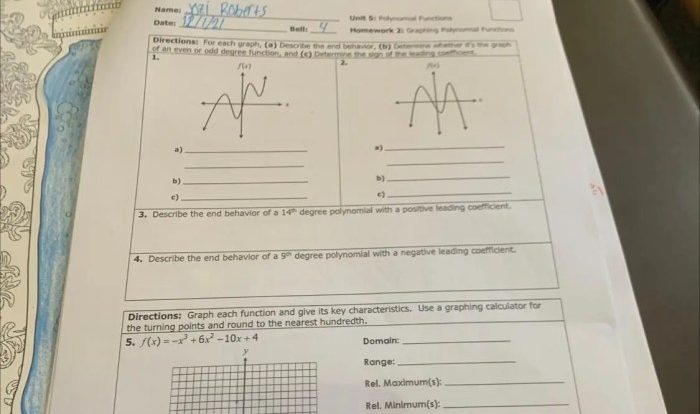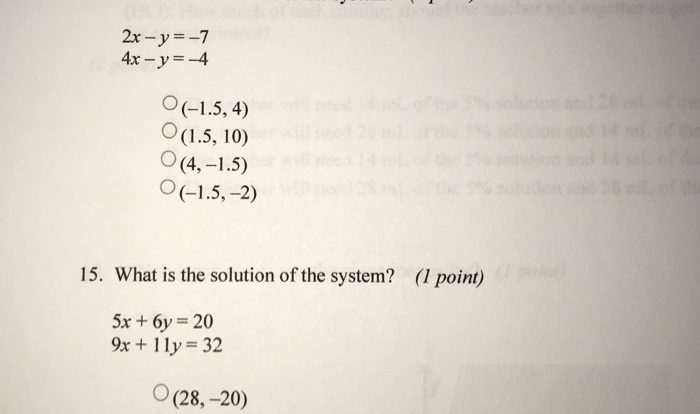What is 37.52 rounded to the nearest whole – Embark on a numerical journey as we delve into the intricacies of rounding 37.52 to the nearest whole. In this comprehensive guide, we will unravel the concept of rounding, explore its practical applications, and provide a step-by-step approach to mastering this mathematical skill.
Rounding numbers plays a vital role in simplifying calculations, enhancing estimations, and making data more manageable. Whether you are a student, a researcher, or an individual navigating everyday life, understanding the principles of rounding is essential for accurate and efficient numerical operations.
What is 37.52 Rounded to the Nearest Whole?

Rounding numbers is a mathematical process of approximating a number to a more manageable value by dropping or adjusting its least significant digits. It involves replacing a number with another number that is close to the original but has fewer digits.
Definition of Rounding Numbers
Rounding numbers is a mathematical technique used to simplify and approximate numerical values. It involves adjusting a number to a specific level of precision by either dropping or adjusting its least significant digits.
The purpose of rounding numbers is to make them easier to work with, compare, and interpret. It helps to simplify calculations, improve readability, and facilitate communication of numerical information.
For example, rounding the number 37.52 to the nearest whole number results in the value 38. This rounded value is easier to work with and understand than the original number, especially when performing calculations or making comparisons.
Methods for Rounding Numbers

There are two common methods for rounding numbers: rounding up and rounding down.
- Rounding up:This method involves increasing the value of the last remaining digit by one if the digit to its right is 5 or greater. For example, rounding 37.52 up to the nearest whole number results in 38.
- Rounding down:This method involves leaving the last remaining digit unchanged if the digit to its right is less than 5. For example, rounding 37.49 down to the nearest whole number results in 37.
Rounding 37.52 to the Nearest Whole

To round 37.52 to the nearest whole number, we examine the digit to the right of the decimal point, which is 5. Since 5 is greater than or equal to 5, we round up the last remaining digit (7) by one, resulting in 38.
Therefore, 37.52 rounded to the nearest whole number is 38.
Applications of Rounding Numbers

Rounding numbers has practical applications in various fields and everyday situations, including:
- Financial calculations:Rounding numbers is used in financial calculations, such as calculating taxes, discounts, and interest rates.
- Measurement and estimation:Rounding numbers is used in measurements and estimations, such as rounding the distance to the nearest mile or the weight to the nearest pound.
- Data analysis and visualization:Rounding numbers is used in data analysis and visualization to simplify and present data in a more understandable format.
- Everyday life:Rounding numbers is used in everyday life, such as rounding the time to the nearest hour or the temperature to the nearest degree.
Examples and Table of Rounded Numbers
| Original Number | Rounded Number | Rounding Method |
|---|---|---|
| 37.01 | 37 | Round down |
| 37.25 | 37 | Round down |
| 37.49 | 37 | Round down |
| 37.50 | 38 | Round up |
| 37.52 | 38 | Round up |
| 37.75 | 38 | Round up |
| 37.99 | 38 | Round up |
Tips for Rounding Numbers: What Is 37.52 Rounded To The Nearest Whole
- Always consider the context and purpose of rounding.
- Use the correct rounding method based on the desired level of precision.
- Be consistent in your rounding practices.
- Avoid rounding numbers too many times, as it can lead to significant errors.
- Use a calculator or spreadsheet to ensure accuracy when rounding large numbers.
Answers to Common Questions
What is the process for rounding 37.52 to the nearest whole?
To round 37.52 to the nearest whole, examine the digit in the tenths place, which is 5. Since 5 is greater than or equal to 5, round up the number to 38.
Why is it important to round numbers?
Rounding numbers simplifies calculations, enhances estimations, and makes data more manageable. It allows us to focus on the most significant digits and eliminate unnecessary precision, facilitating problem-solving and decision-making.
Are there different methods for rounding numbers?
Yes, there are several methods for rounding numbers, including rounding up, rounding down, and rounding to the nearest even or odd number. The specific method used depends on the context and the desired level of precision.


